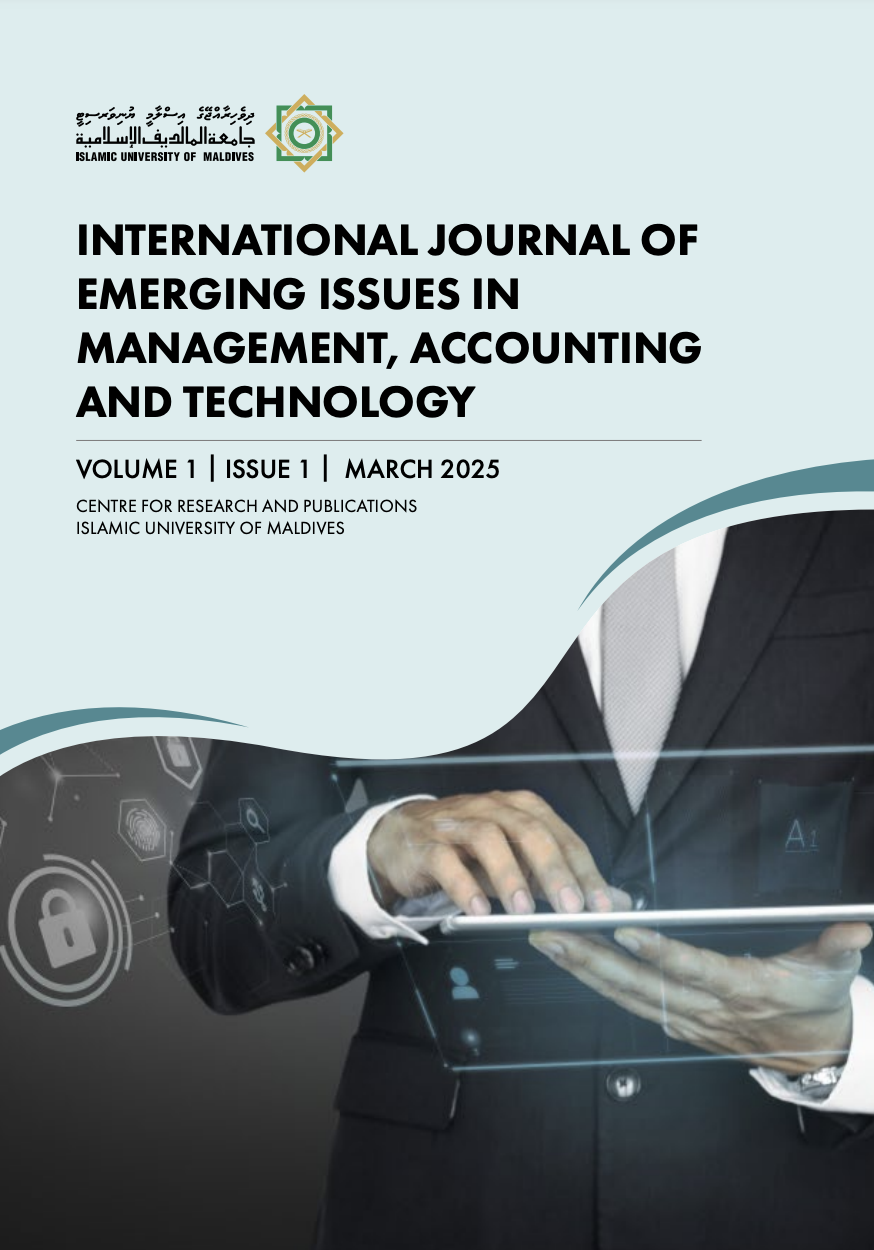Analyzing the Influence of Monetary and NonMonetary Rewards on Employees’ Engagement: A Study Among Employees of Private ServiceBased Companies in Malaysia
Keywords:
Employee Engagement, Monetary, Non-Monetary, Employee Satisfaction, PerformanceAbstract
This study delves into the factors influencing employee engagement within Private Service-Based Companies in Malaysia, focusing on both monetary and non-monetary incentives. These factors play a critical role in shaping employee engagement and loyalty to an organization over the long term. The research is centered on evaluating responses from Private Service-based employees in Malaysia concerning various compensation and benefits packages available, and how monetary and non-monetary rewards impact employee engagement. By examining these dynamics, the study offers valuable insights for HR managers within the service sector to refine existing compensation and reward structures to better align with workforce needs. To validate the final hypotheses, the researcher will utilize SPSS 27 to analyze the direct and indirect relationships among the key variables. A sample of 150 responses were obtained through convenience sampling from employees working in private service-based companies across Malaysia for the purpose of analyzing the influence of rewards system on employee’s engagement. The study's outcomes reveal a preference among Malaysian employees for monetary reward systems over non-monetary ones, underscoring the significance of monetary incentives as primary motivators to enhance employee engagement. To assist policymakers, governmental entities, and businesses in optimizing their employee compensation strategies, the study proposes several recommendations, including salary enhancements, bonuses, improved health and medical benefits, and other measures aimed at bolstering overall employee engagement within organizations.


